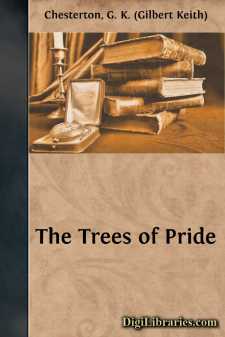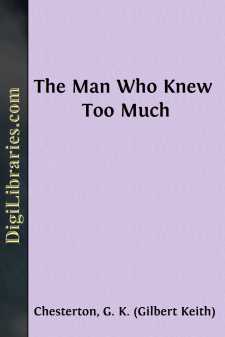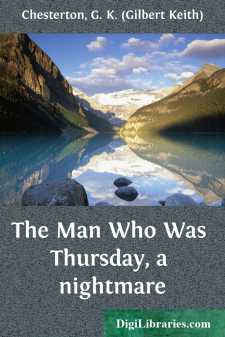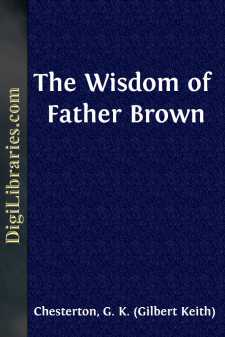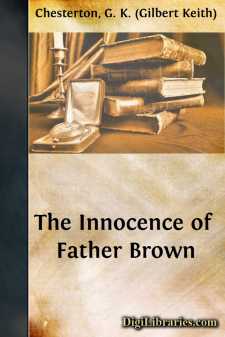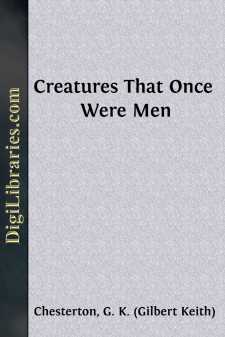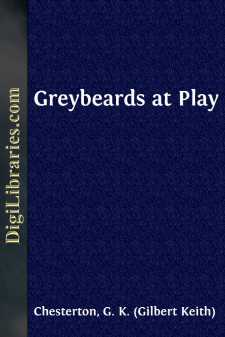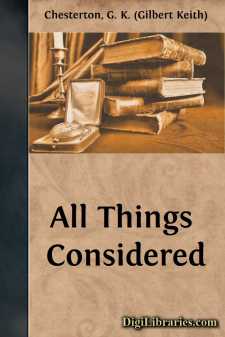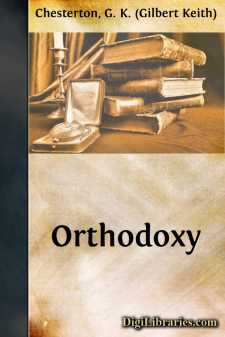Categories
- Antiques & Collectibles 13
- Architecture 36
- Art 48
- Bibles 22
- Biography & Autobiography 816
- Body, Mind & Spirit 145
- Business & Economics 28
- Children's Books 17
- Children's Fiction 14
- Computers 4
- Cooking 94
- Crafts & Hobbies 4
- Drama 346
- Education 58
- Family & Relationships 59
- Fiction 11834
- Foreign Language Study 3
- Games 19
- Gardening 17
- Health & Fitness 34
- History 1378
- House & Home 1
- Humor 147
- Juvenile Fiction 1873
- Juvenile Nonfiction 202
- Language Arts & Disciplines 89
- Law 16
- Literary Collections 686
- Literary Criticism 179
- Mathematics 13
- Medical 41
- Music 40
- Nature 179
- Non-Classifiable 1768
- Performing Arts 7
- Periodicals 1453
- Philosophy 66
- Photography 2
- Poetry 897
- Political Science 203
- Psychology 45
- Reference 154
- Religion 516
- Science 126
- Self-Help 85
- Social Science 82
- Sports & Recreation 34
- Study Aids 3
- Technology & Engineering 59
- Transportation 23
- Travel 463
- True Crime 29
G. K. (Gilbert Keith) Chesterton
Gilbert Keith Chesterton, often referred to as G.K. Chesterton, was an English writer, philosopher, and critic born on May 29, 1874. Renowned for his witty and insightful prose, he authored the popular "Father Brown" detective series and numerous essays on various topics, including literature, politics, and theology. His works, such as "Orthodoxy" and "The Everlasting Man," have had a lasting influence on Christian apologetics and literary criticism.
Author's Books:
Sort by:
I. THE TALE OF THE PEACOCK TREES Squire Vane was an elderly schoolboy of English education and Irish extraction. His English education, at one of the great public schools, had preserved his intellect perfectly and permanently at the stage of boyhood. But his Irish extraction subconsciously upset in him the proper solemnity of an old boy, and sometimes gave him back the brighter outlook of a naughty...
more...
A DEFENCE OF PENNY DREADFULS One of the strangest examples of the degree to which ordinary life is undervalued is the example of popular literature, the vast mass of which we contentedly describe as vulgar. The boy's novelette may be ignorant in a literary sense, which is only like saying that a modern novel is ignorant in the chemical sense, or the economic sense, or the astronomical sense; but...
more...
THE MAN WHO KNEW TOO MUCH I. THE FACE IN THE TARGET Harold March, the rising reviewer and social critic, was walking vigorously across a great tableland of moors and commons, the horizon of which was fringed with the far-off woods of the famous estate of Torwood Park. He was a good-looking young man in tweeds, with very pale curly hair and pale clear eyes. Walking in wind and sun in the very landscape...
more...
CHAPTER I. THE TWO POETS OF SAFFRON PARK THE suburb of Saffron Park lay on the sunset side of London, as red and ragged as a cloud of sunset. It was built of a bright brick throughout; its sky-line was fantastic, and even its ground plan was wild. It had been the outburst of a speculative builder, faintly tinged with art, who called its architecture sometimes Elizabethan and sometimes Queen Anne,...
more...
ONE — The Absence of Mr Glass THE consulting-rooms of Dr Orion Hood, the eminent criminologist and specialist in certain moral disorders, lay along the sea-front at Scarborough, in a series of very large and well-lighted french windows, which showed the North Sea like one endless outer wall of blue-green marble. In such a place the sea had something of the monotony of a blue-green dado: for the...
more...
The Blue Cross Between the silver ribbon of morning and the green glittering ribbon of sea, the boat touched Harwich and let loose a swarm of folk like flies, among whom the man we must follow was by no means conspicuous—nor wished to be. There was nothing notable about him, except a slight contrast between the holiday gaiety of his clothes and the official gravity of his face. His clothes included a...
more...
It is certainly a curious fact that so many of the voices of what is called our modern religion have come from countries which are not only simple, but may even be called barbaric. A nation like Norway has a great realistic drama without having ever had either a great classical drama or a great romantic drama. A nation like Russia makes us feel its modern fiction when we have never felt its ancient...
more...
A DEDICATION TO E.C.B. He was, through boyhood's storm and shower, My best, my nearest friend; We wore one hat, smoked one cigar, One standing at each end. We were two hearts with single hope, Two faces in one hood; I knew the secrets of his youth; I watched his every mood. The little things that none but I Saw were beyond his wont, The streaming hair, the tie behind, The coat tails worn in front....
more...
THE CASE FOR THE EPHEMERAL I cannot understand the people who take literature seriously; but I can love them, and I do. Out of my love I warn them to keep clear of this book. It is a collection of crude and shapeless papers upon current or rather flying subjects; and they must be published pretty much as they stand. They were written, as a rule, at the last moment; they were handed in the moment before...
more...
I INTRODUCTION IN DEFENCE OF EVERYTHING ELSE THE only possible excuse for this book is that it is an answer to a challenge. Even a bad shot is dignified when he accepts a duel. When some time ago I published a series of hasty but sincere papers, under the name of "Heretics," several critics for whose intellect I have a warm respect (I may mention specially Mr. G.S.Street) said that it was all...
more...


